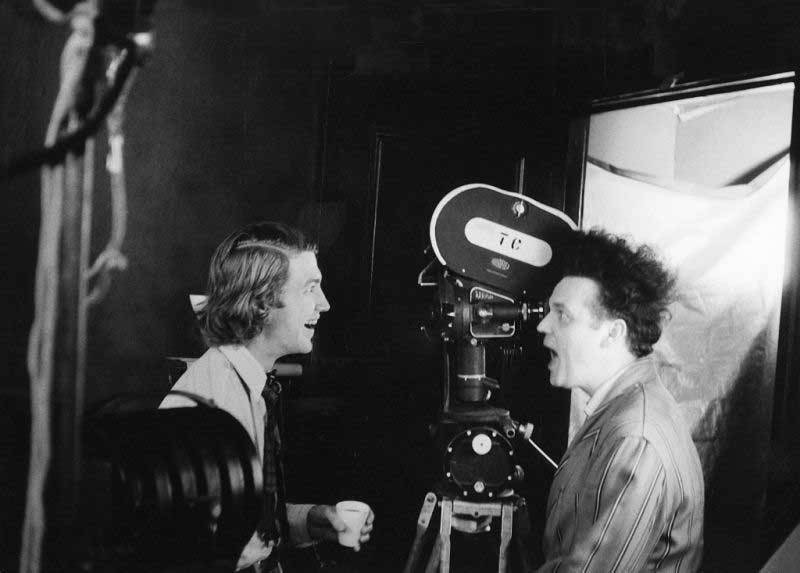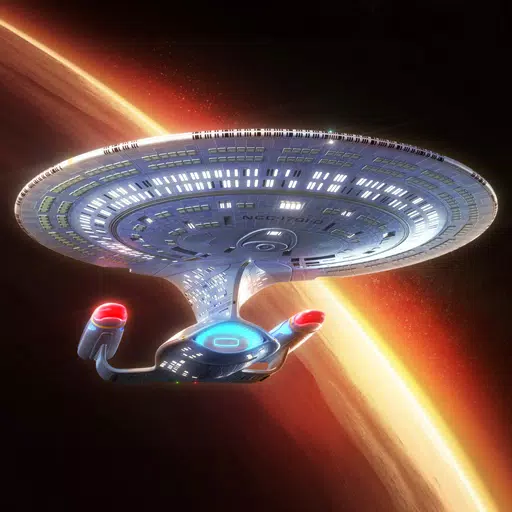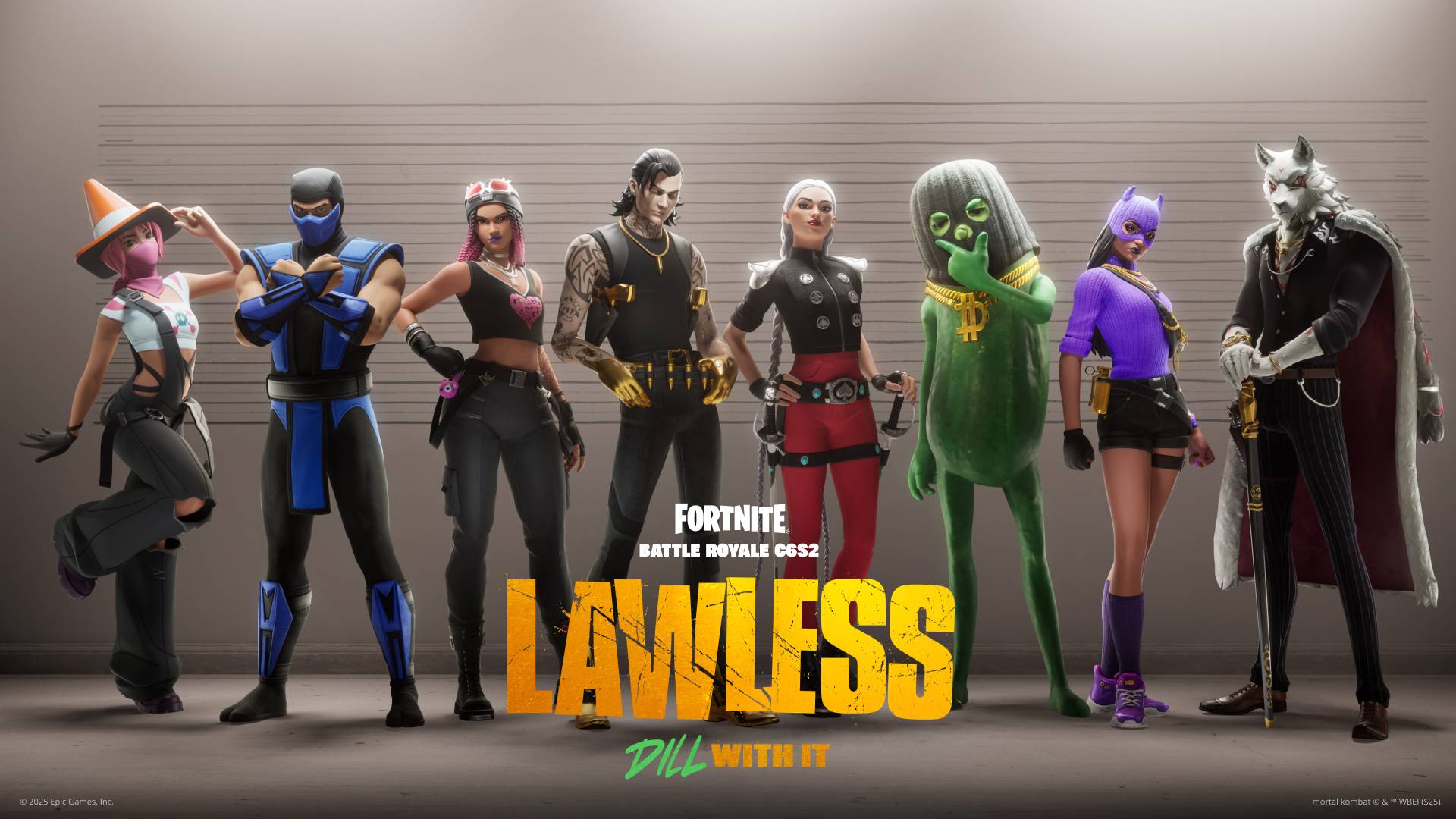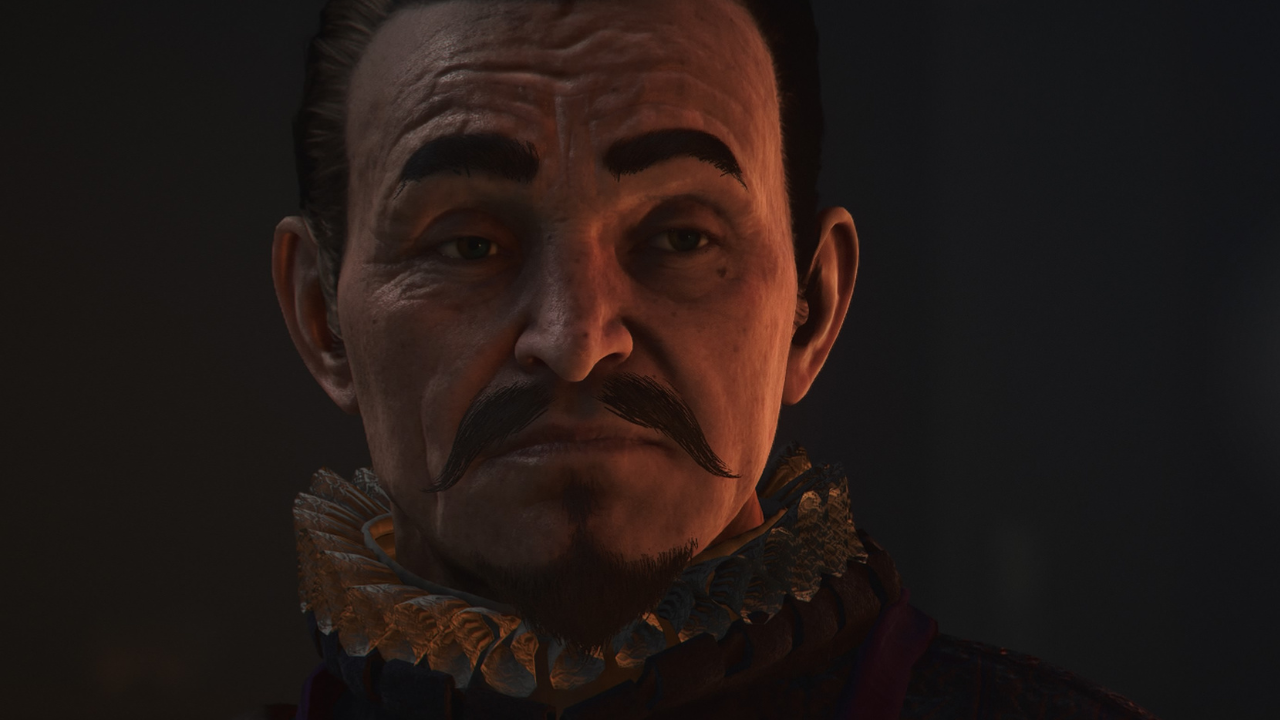David Lynch: Iconic Filmmaking Visionary
The opening scene of the Twin Peaks pilot masterfully captures the mundane rhythms of daily life. In a high school hallway, a student sneaks a cigarette while another gets summoned to the principal's office. A teacher mechanically takes attendance - until everything shifts. A police officer's whispered message, a distant scream, a student running across the courtyard. The camera lingers on an empty desk as classmates exchange knowing glances - Laura Palmer is gone.
Lynch possessed an unmatched ability to document surface-level normalcy while exposing the eerie undercurrents beneath - his signature revelation that something is *fundamentally off*. This Twin Peaks moment brilliantly encapsulates his entire artistic vision, though devoted fans might argue any number of scenes better define his legacy. The true mark of Lynch's genius lies in this very debate - an artist so uniquely visionary that every viewer connects with different aspects of his work.
The Elusive Definition of "Lynchian"
Few artists merit their own adjective. While terms like "Spielbergian" describe technical trademarks, "Lynchian" joins rare company with "Kafkaesque" - transcending style to describe an entire unsettling experience. That indescribable unease, the creeping suspicion that reality's fabric has frayed - this is Lynch's enduring legacy.
His midnight masterpiece Eraserhead remains a rite of passage for cinephiles. Decades after first viewing, I (Scott) found my teenage son independently discovering Twin Peaks - proof of Lynch's timeless appeal. Even 2017's Twin Peaks: The Return defied expectations, featuring a child's bedroom frozen in 1956 nostalgia amidst interdimensional doppelgangers and brutal violence. While Hollywood chased safe nostalgia plays, Lynch weaponized it.
His much-maligned Dune adaptation remains unmistakably Lynchian despite studio interference - where else would you find a cat/rat milking apparatus? Contrast this with the heartbreaking beauty of The Elephant Man, proving his range extended beyond surreal horror. This refusal to be categorized, this effortless blending of tenderness and terror - that's fucking Lynchian.
The Lynch Legacy in Contemporary Cinema
Blue Velvet perfectly demonstrates his approach - a seemingly quaint small town concealing psychosexual horrors beneath picket fences. Recent works like I Saw The TV Glow directly channel his aesthetic, while filmmakers from Yorgos Lanthimos to Ari Aster explore similar psychological terrain. Even Denis Villeneuve's early works bear Lynch's influence before his Dune trilogy.
Lynch represents a vanishing breed - filmmakers who shaped cinema rather than simply referencing it. As subsequent generations reinterpret his influence through films like Saltburn or Love Lies Bleeding, we're reminded that true visionaries don't create trends - they become lenses through which we view art itself.

You needn't love Lynch's films to recognize his seismic impact. Like the mysterious worlds he depicted, his true legacy may lie just beyond immediate perception - in the countless artists who'll continue peeling back reality's veneer, searching for those unsettling truths he taught us to see.




























